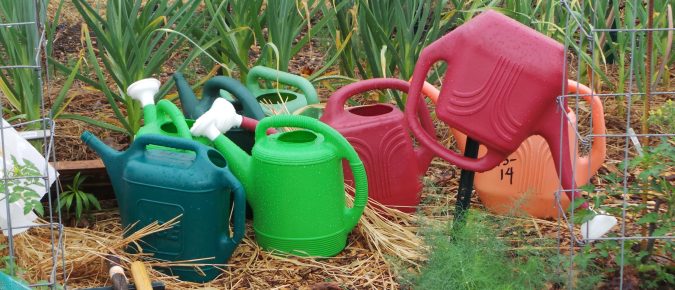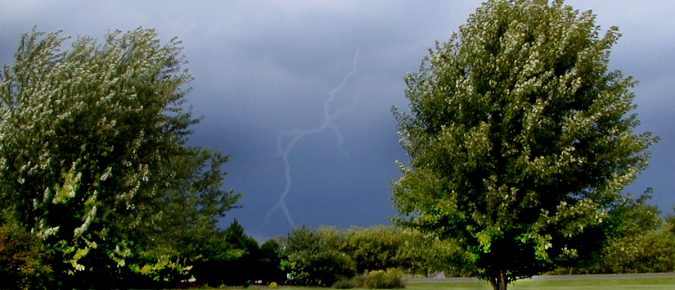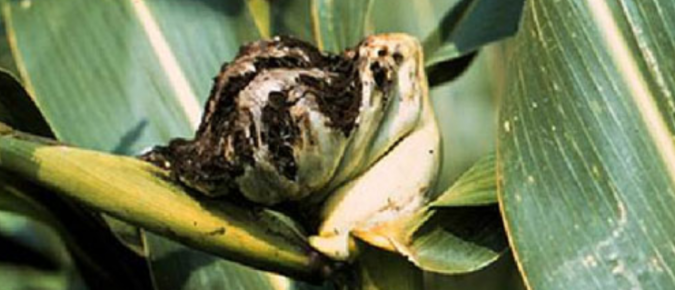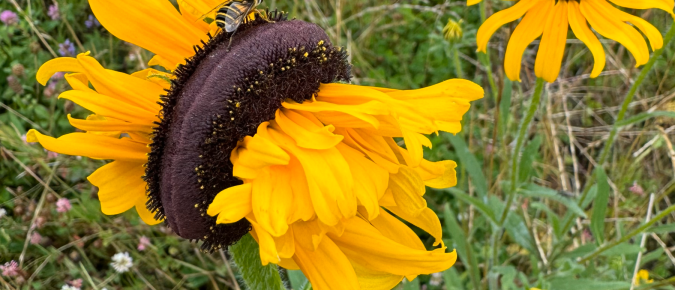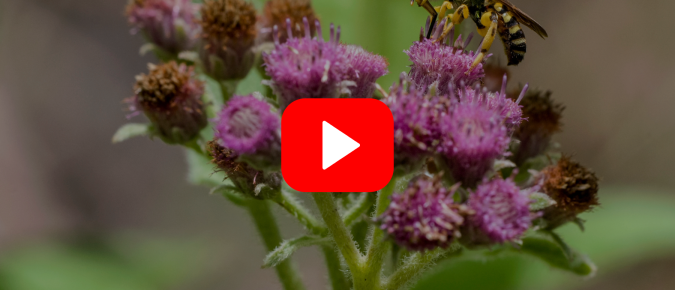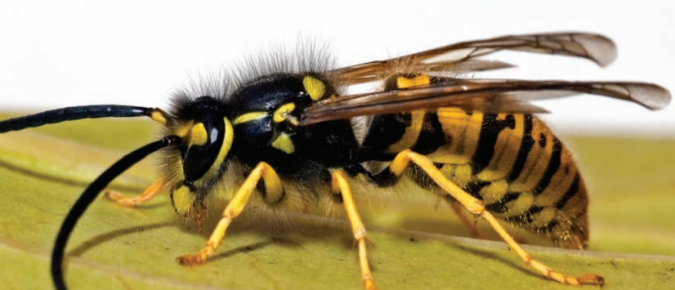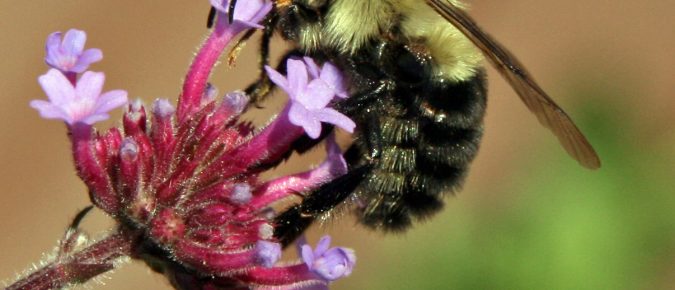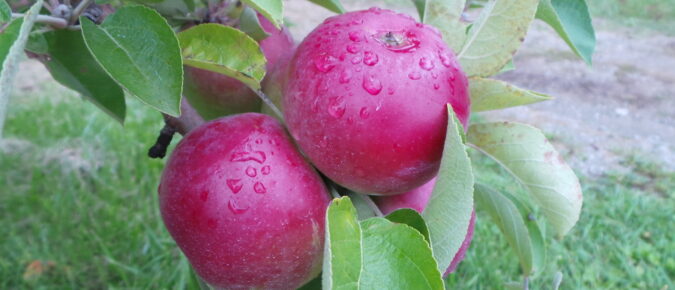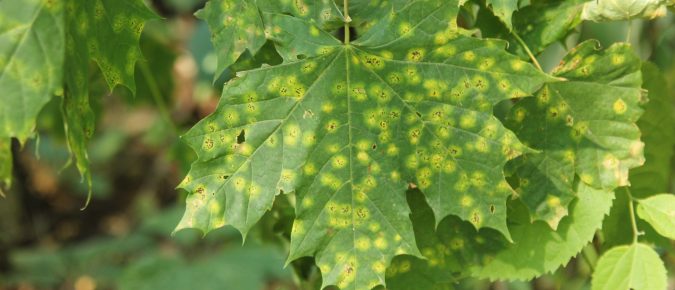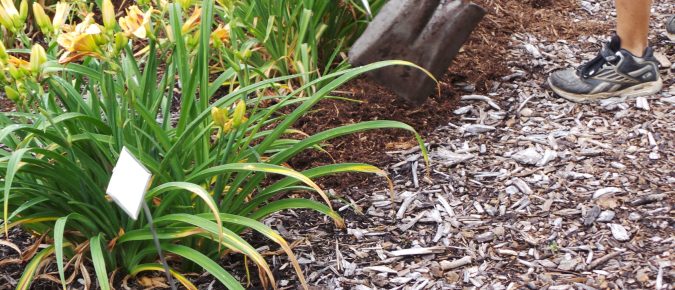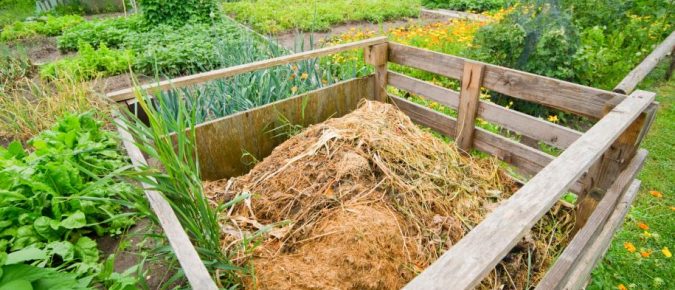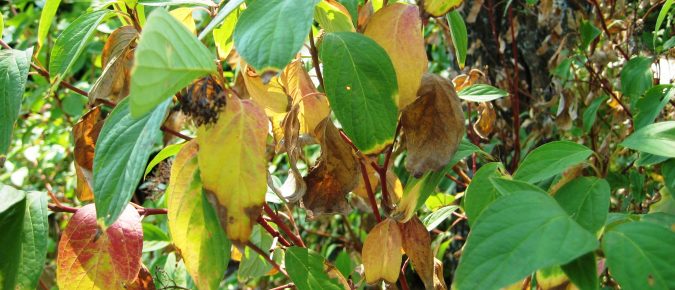As Wisconsin experiences more extreme heat and drought, knowing how your plants are affected and what you can do in these situations will help you make decisions about your gardening.
When Wisconsin experiences extreme precipitation, it is important to know how your plants are affected and what you can do in these situations so you can make informed decisions in your garden.
This article provides a list of 10 relatively easy-to-identify plant diseases commonly found in Wisconsin vegetable gardens.
This physiological disorder, called fasciation, can occur in almost any plant part, but is most noticeable in the stems or inflorescences.
In this video, learn how to select and care for plants to attract and support diverse pollinators in your garden all season long. This presentation emphasizes native plants and pollinators and includes sustainable gardening practices.
Scott R. Craven, Phillip J. Pellitteri, Mark J. Renz Revised: 1/15/2010 Item number: G3564 Wisconsin’s bountiful natural resources make it an ideal place for outdoor recreation. Most plants and creatures you encounter won’t hurt you, but timber rattlesnakes, yellow jackets, wild parsnip, and others can be troublesome. This guide will help you recognize, avoid, and […]
The Wisconsin Bee Identification Guide provides information about 13 of the most common bees found in Wisconsin. From the very small Sweat Bee, measuring in at 1/4″ long, to the big Bumble Bee, this guide helps identify many incredibly important pollinators!
This publication is a great how-to resource for backyard apple growers. It covers everything from planting to pruning to disease and insect management strategies, to help you get a great harvest.
This article provides a list of 10 relatively easy-to-identify plant diseases commonly found in Wisconsin yards and gardens.
Boost your garden’s production with mulches. This publication shows when to use organic mulches, like bark or leaves, and synthetic mulches, like plastic sheets, and teaches how to apply them.
Making your own compost is an easy, practical, and satisfying way to make use of yard waste and table scraps. With this publication, designed for the home gardener, you’ll be composting like a pro in no time!
Learn how to water woody plants to help them survive prolonged periods of drought in this article.

